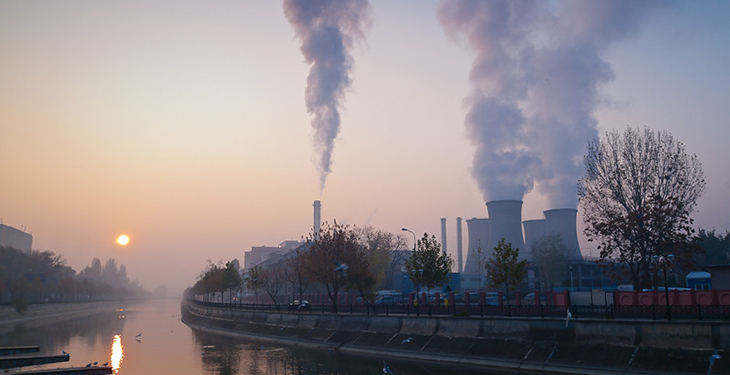ELCEN transparently and justifiably rejects any biased statements that link the level of excessive pollution recorded in Bucharest on the night of Sunday, March 1 to Monday, March 2, by the activity of ELCEN.
The City Hall of Bucharest, through the voice of the General Mayor, Gabriela Firea recently released a series of false information that the fuel consumption of ELCEN would have caused considerable increases in pollutant emissions into the atmosphere, the company announced.
“Considering that the use of oil by ELCEN represented between 27.02 – 03.03.2020, only 1.2% at the level of power plants compared to the level of record pollution recorded in Bucharest on Sunday night towards Monday (800% above the maximum allowed limits ), we consider it essential to identify the source (s) that determined the pollution in the range 4.5% -800%,” say ELCEN officials. They claim that “ELCEN has not exceeded the emission limits stipulated by the European environmental legislation, a fact confirmed by the Environmental Guard controls.”
Currently, the combustion plants within ELCEN are in the process of being modernized in order to comply with the new NOx emission limit values valid from 30.06.2020; As a result, starting next year, ELCEN will no longer use fuel oil in its CETs.
At the same time, due to the fact that the Inspectorate for Emergency Situations carried out checks on the fuel tanks within ELCEN in order to comply with the provisions of SEVESO Directive 2012/18 / EU of the European Parliament and of the Council of 4 July 2012 on the control of major accident hazards that involves dangerous substances, it was necessary to take measures to reduce the available capacities in order to completely liquidate the fuel stock until next year.
It is important to note that during the last 10 years, ELCEN installations have used fuel oil, sometimes in quantities much larger than the quantities used this season without registering excess emissions of pollutants into the atmosphere.
